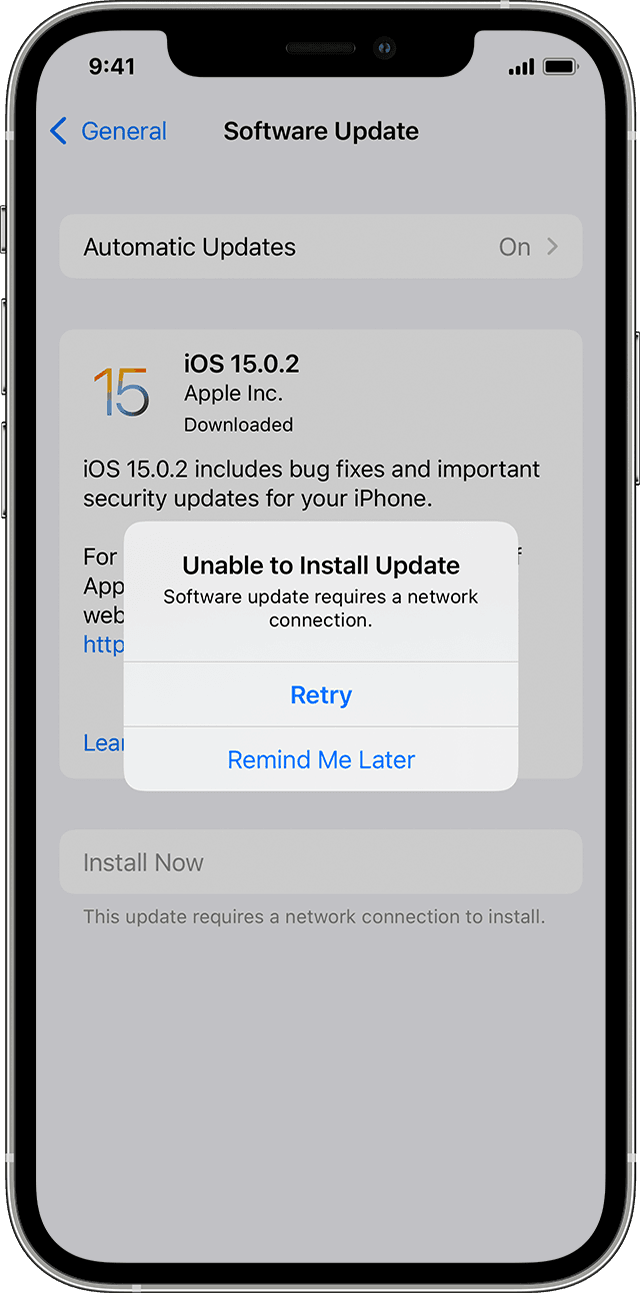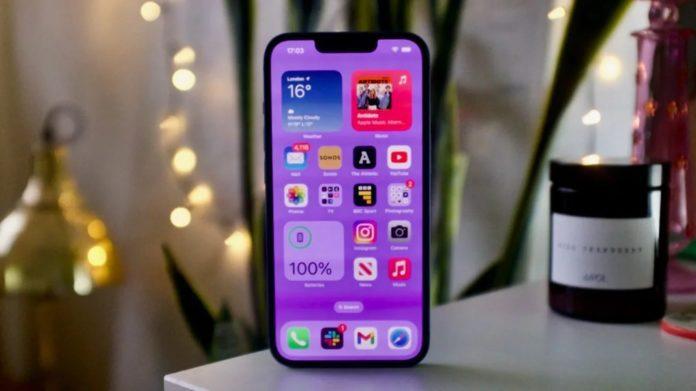Apple has a reputation for providing software updates to their devices for several years, but some of the older models might not receive the latest update, and this includes the upcoming iOS 17 software update. Apple’s iOS 17 software update is expected to release in the fall of 2023, and it will bring significant improvements and features to the iOS operating system. However, not all Apple devices will be eligible for this update, and it’s essential to know which devices will not receive it.
Here is a list of Apple devices that may not get the iOS 17 software update, according to a report by Livemint:
1. iPhone 6s and iPhone 6s Plus:
These two devices were released in 2015 and were the first iPhones to feature 3D Touch. However, the iPhone 6s and 6s Plus are unlikely to receive the iOS 17 software update due to their age.
2. iPhone SE (first generation):
The iPhone SE (first generation) was released in 2016 and was popular among users who preferred a smaller form factor. However, it is unlikely to receive the iOS 17 update, as it is now over six years old.
3. iPad Mini 4:
The iPad Mini 4 was released in 2015 and was the last of the iPad Mini series to feature a 7.9-inch display. While it is still a capable device, it may not receive the iOS 17 software update due to its age.
4. iPad Air 2:
The iPad Air 2 was released in 2014 and was a popular choice among users who wanted a larger display. However, it may not receive the iOS 17 update, as it is now over eight years old.
5. iPad (fifth generation):
The fifth-generation iPad was released in 2017 and featured an A9 processor and support for the Apple Pencil. While it is still a capable device, it may not receive the iOS 17 software update due to its age.
It’s important to note that this list is not comprehensive, and Apple may add or remove devices from this list based on various factors. For example, Apple may decide to provide the iOS 17 update to some of the devices mentioned above if they meet certain requirements, such as having enough storage space and processing power to support the new features.
Why would Apple not provide the latest software?
There are several reasons why Apple may not provide the latest software update to older devices. One of the main reasons is that newer software updates require more processing power and storage space, which older devices may not have. Providing the latest software update to older devices may cause them to slow down, which can lead to a poor user experience.

Additionally, Apple may want users to upgrade to newer devices to take advantage of the latest features and technologies. By providing software updates to older devices, Apple may discourage users from upgrading, which can impact their revenue.
The iOS 17 software update is expected to bring significant improvements and features to the iOS operating system. However, not all Apple devices will be eligible for this update. If you own an older Apple device, it’s important to check if it will receive the latest software update and plan accordingly. If your device is not eligible for the update, you may want to consider upgrading to a newer device to take advantage of the latest features and technologies.
Stay tuned to Brandsynario for the latest news and updates.







































